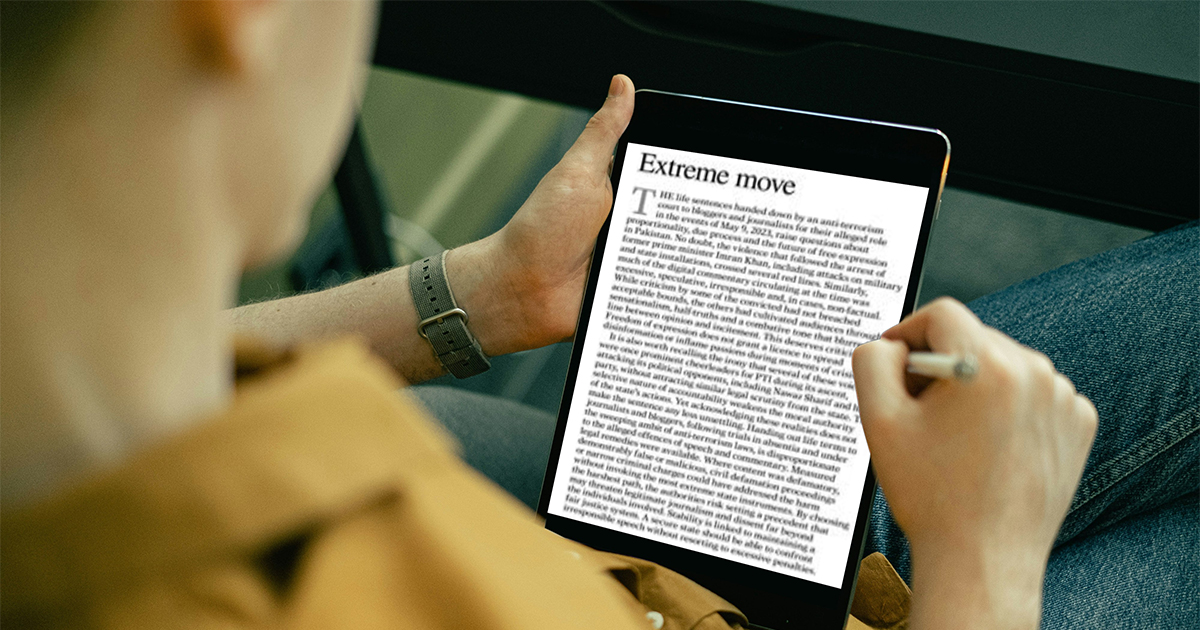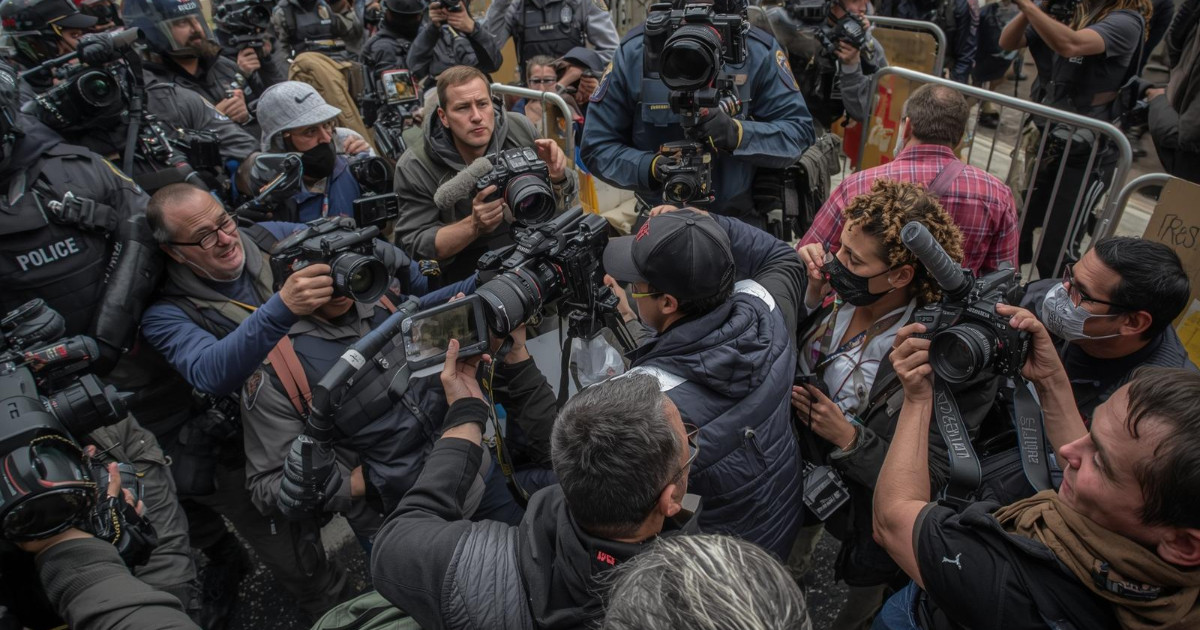COVID-19 impacts journalists negatively worldwide: ICFJ study
JournalismPakistan.com | Published: 21 October 2020
Join our WhatsApp channelThe ICFJ study highlights the severe challenges journalists faced during the COVID-19 pandemic, impacting their mental health and job security. It indicates a significant decline in revenue and increased distrust due to disinformation.Summary
Alongside jobholders in different sectors, the COVID-19 pandemic has severely impacted many journalists and newsrooms in one way or another across the globe according to a recent study by the International Center for Journalists.
To better understand the effects of the pandemic on the news industry worldwide, ICFJ teamed up with the Tow Center for Digital Journalism at Columbia University to conduct a survey of journalists in seven languages.
On October 13, they released the preliminary results of their English-language survey, which are based on responses from 1,406 respondents across 125 countries.
The journalism and the pandemic survey explores journalists’ physical and mental health, the spread of misinformation, the economic effects on newsrooms, changes in the way journalists work and challenges to press freedom.
“Our report demonstrates that journalists are working in a severely pressured financial, physical and psychological environment during the pandemic,” wrote researchers Emily Bell, Julie Posetti, and Pete Brown. “This will be the most enduringly difficult professional period many have experienced during their careers.”
According to the report, 70 percent of respondents rated the psychological toll as their biggest challenge during the pandemic while more than 80 percent of respondents noted at least one negative psychological effect, including anxiety, burnout, difficulty sleeping and a sense of helplessness.
Over 70 percent of respondents said that employers failed to offer flexible hours, time off, social support or regular check-ins, to name a few.
The data doesn’t indicate much better support for journalists’ physical health, despite the worldwide health crisis as one in four journalists are still traveling to the field at least once per week to report. Forty-five percent of them were not even provided a mask when they conducted in-person reporting.
Reporters saw disinformation circulate most on Facebook (66 percent), Twitter (42 percent) and WhatsApp (35 percent).
A large majority, 82 per cent of respondents reported disinformation to the platform they found it on, yet almost half said they were either dissatisfied or very dissatisfied with the platform’s response.
While regular citizens remain the number one purveyor of disinformation, political leaders and elected officials come in at a close second.
The report’s findings indicate that this economic crisis is top of mind for most industry employees.
Three in four respondents said their first priority during the pandemic was the survival of their publication.
Underscoring the economic impact, almost four in five respondents with access to information about their newsroom’s finances reported at least a 50 percent decline in revenue. Sixty-five percent of respondents said they have less job security now than before COVID-19.
One in five respondent journalists reported that online harassment was “much worse” than before COVID-19.
ICFJ report said the pandemic has also had an effect on relationships with sources, as 48 percent of survey respondents said sources were concerned that speaking to journalists would lead to negative repercussions such as job loss, legal consequences or physical violence.
Despite the many challenges, more than 40 percent of respondents perceived an increase in audience trust during the pandemic while only four percent felt that trust declined.
One in four respondents experienced more positive feedback and received more engagement from their readers. This may have been a result of more dedicated engagement work from many reporters, as 24 percent of respondents reported spending more time identifying audience needs.—Agencies
KEY POINTS:
- 70% of journalists rated psychological toll as their biggest challenge.
- 45% of journalists reported not being provided with essential safety equipment.
- 82% of respondents reported disinformation to platforms but were dissatisfied with responses.
- 75% prioritized the survival of their publication amidst the economic crisis.
- 48% of respondents expressed concerns from sources about repercussions from speaking to journalists.

























